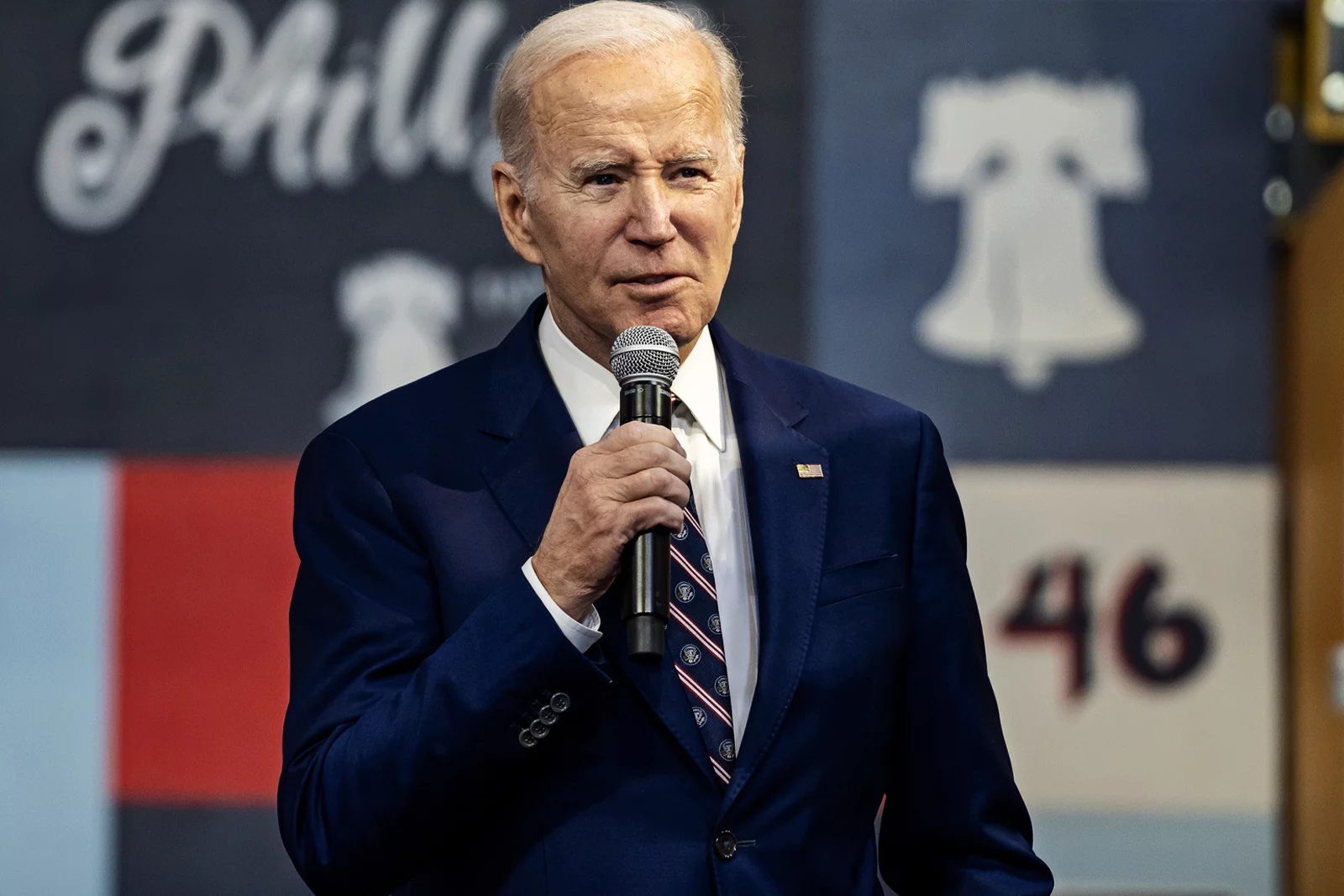
Can Biden Keep the Middle East from Blowing Up?
As tensions rise in the turbulent Middle East, President Joe Biden descended upon Israel in a bid to project American solidarity while juggling a minefield of competing priorities. He’s backed by U.S. Secretary of State Antony Blinken, who’s been shuttling between Israel and Jordan, grappling with Israel’s escalating war against Hamas.
Biden’s team has its work cut out for it. Front and center is their commitment to fortify Israel following last week’s incursion by Hamas, which resulted in the murder of over 1,300 soldiers and civilians with over 190 Israeli and foreign nationals taken back into Gaza as hostages. It’s not just about diplomatic lip service—Washington appears poised to unleash an arsenal of military aid and joint operations aimed at reestablishing regional equilibrium.
But the administration isn’t just placing all its bets on Israel. In a move underscoring a broader humanitarian agenda, Biden’s focus extends beyond the American hostages snared by Hamas. The aim is to ensure the safety of all captives, irrespective of their passport colors. This laser-focused attention on human rights isn’t just a tagline; it’s a defining ethos.
Meanwhile, there’s the ticking clock on innocent Palestinian lives. Biden’s team is actively collaborating with Israeli authorities to carve out humanitarian corridors and funnel aid to beleaguered communities.
Additionally, the specter of a broader conflict looms large. By dispatching two U.S. aircraft carrier strike groups to the Eastern Mediterranean, Washington sends a loud message: this conflict must not metastasize into a regional war pulling in players like Hezbollah in Lebanon or, Syria.
It’s a diplomatic ballet that’s attracted a global audience. German Chancellor Olaf Scholz is on the ground, and we can expect the arrival of French President Emmanuel Macron and British Prime Minister Rishi Sunak. A bipartisan Senate delegation has already made its footprint.
Biden shoulders an enormous burden. He must placate Israeli concerns, reassure Palestinians of their safety, and issue a stern warning to Iran and its proxies. All while telegraphing to Moscow and Beijing that American supremacy is far from a paper tiger.
Israel too has a pivotal role, partnering with the Biden administration to formulate a unified strategy, both in the rescue of hostages and in managing the Hamas threat—all while tiptoeing around the lives of Palestinian civilians.
Yet, for all these efforts, the dark cloud hanging over Palestinian civilians remains. Despite Israel’s warnings to evacuate southern areas, a significant number have stayed put, putting them in harm’s way. The ensuing humanitarian crisis—acute shortages of food, water, and medical aid—is not some distant possibility; it’s an impending catastrophe.
Eleven days in, Israel remains ambiguous about a ground assault on Gaza, opting instead to unleash targeted airstrikes against Hamas strongholds and subterranean networks. Are they setting the stage for a ground invasion or leaning towards a prolonged aerial offensive? It’s anyone’s guess.
Biden’s high-profile visit is likely to cut through this fog of war. Together with his international counterparts, Biden has a chance—not a guarantee, but a chance—to dial down the tensions and offer hostage negotiators room to maneuver.
Predicting the outcome is a fool’s errand. But what’s clear is that the actions of Biden and his fellow world leaders in the coming days will either defuse an explosive situation or plunge the region further into chaos. At this critical juncture, the stakes couldn’t be higher for both Israel and the Palestinians. Let’s hope diplomacy can deliver on its promise of safety and stability.

